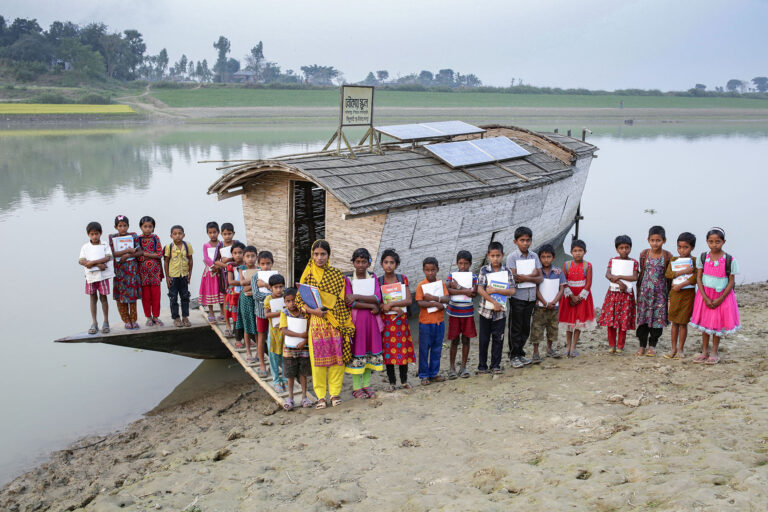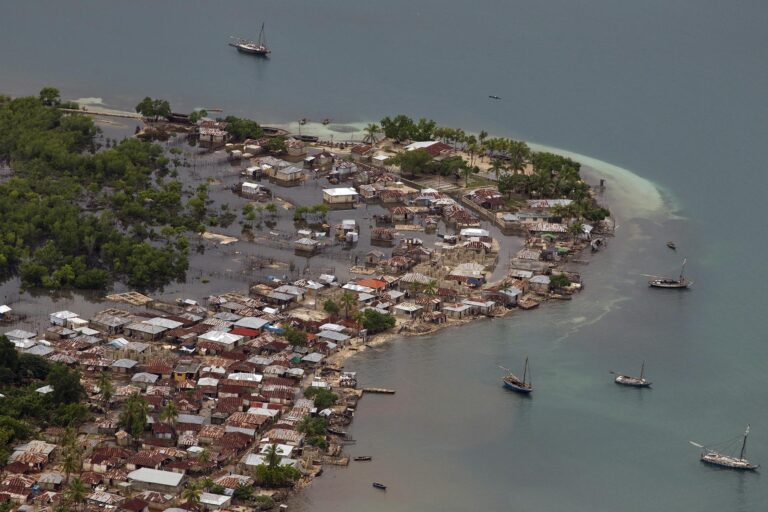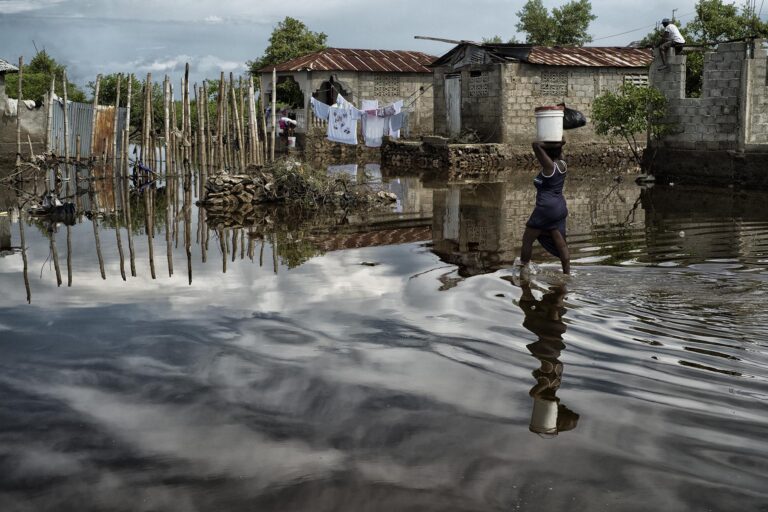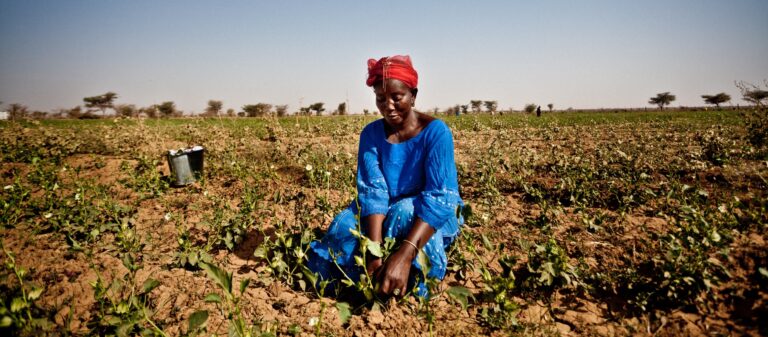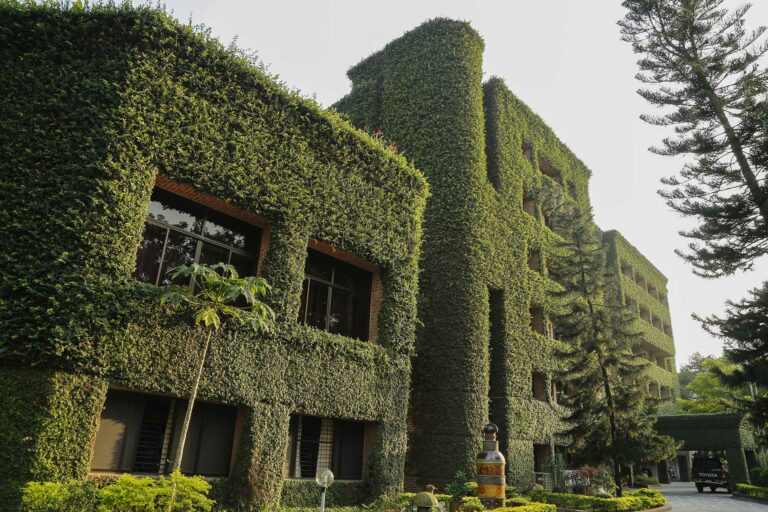Governments have a duty to ensure that the right to education is respected,...
The agriculture industry is a principal driver of tropical deforestation and thus a key contributor to climate change.
A 2022 scientific study concluded that agriculture—including cropland and pastures for livestock—drove 90 to 99 percent of deforestation across the tropics between 2011 and 2015.
Cattle pasture expansion is the single most important cause of deforestation. Other drivers include oil palm, soy, cocoa, rubber, coffee, and avocados.
Agriculture-driven deforestation often occurs in the context of other human rights abuses, including violations of the rights of Indigenous Peoples and rural communities, including forced displacement, labor violations, loss of livelihoods, and attacks against environmental defenders.
While many agricultural companies have pledged to stamp out deforestation in their supply chains, agricultural driven deforestation continues at an alarming rate. Ensuring that agricultural supply chains are free of deforestation and associated rights violations is essential to combating climate change and upholding human rights.
In addition to destroying a key carbon sink, the agricultural sector also drives climate change through its emissions of methane—a greenhouse gas that is significantly more potent than carbon dioxide in trapping heat in the atmosphere. The UN Environment Programme reports that livestock emissions from manure and gastroenteric releases account for some 32 percent of human-caused methane emissions.
Photo Credit: Cattle farming is a major contributor to climate change, and a major driver of deforestation. Photo by Peter Thoeny (CC BY-NC-SA 2.0)
More reading...
Under the International Covenant on Economic, Social and Cultural Rights (ICESCR), everyone has...
The Paris Agreement, also known as the Paris Climate Accords, is a legally...
The Green Climate Fund (GCF) is a multilaterally-funded financial mechanism created in 2010...

